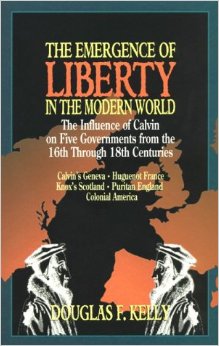
- Details
- Category: Recommended Reading Recommended Reading
- Published: 21 October 2014 21 October 2014
- Hits: 4377 4377

We have seen in recent days (and months and years) an increasing impatience with, and intolerance toward, the most basic tenets of Christian morality. Most recently, a Christian couple in Idaho is being threatened with arrest (read again: with arrest), because they cannot as Christians agree to perform the "wedding" ceremony of gay persons (they own and operate a wedding chapel). This should not be a news flash. Of course a traditional Christian couple would not want to perform such a ceremony. Since Christianity's inception, Christians have considered marriage much more than a simple legal and social contract. Rather, Christians consider marriage between a man and a woman to be a picture of the relationship between Christ and the Church (see Ephesians 5:22 and following). So of course a Christian committed to basic Christian ethics would refuse to perform what traditional Christianity considers to be completely out of bounds morally (the "marital" union of people of the same sex). I want to write a longer essay or set of essays on this phenomenal development that we are witnessing. But one issue which it forces us to consider is the relationship between Christianity and political order. Much has been written, but here is one book recommendation: Douglas Kelly, The Emergence of Liberty: The Influence of Calvin on Five Governments from the 16th Through 18th Centuries. It is a very good book, and would be a good primer for someone wanting to think through the relationship of the Christian faith to political order. Kelly simply works through--in five case studies/countries--the way in which one strand of the Christian faith has influenced political order, and contributed to such realities as: consent of the governed, the limitation of centralized power, why political tyranny is illegitimate, etc.